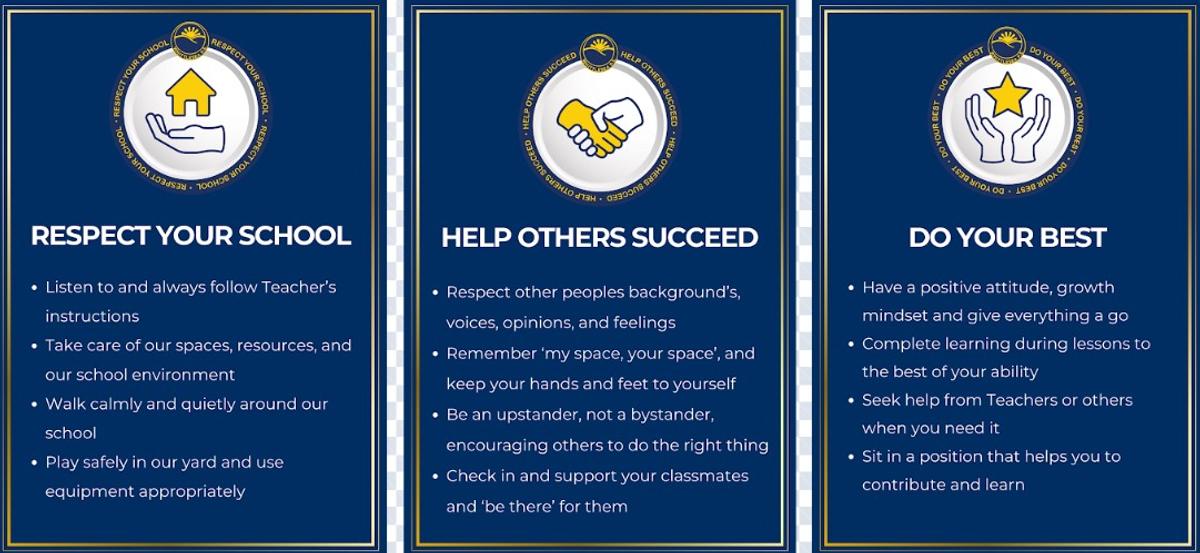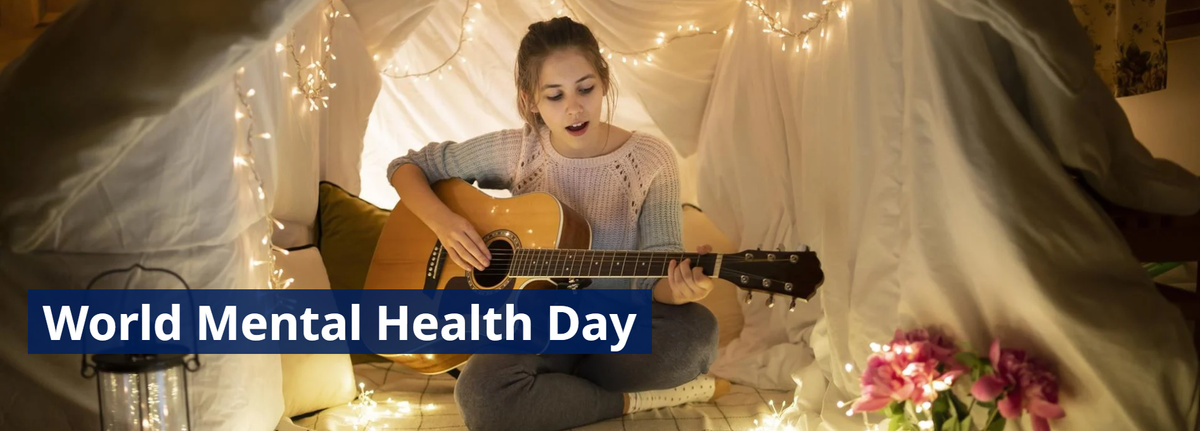Wellbeing
Fiona Dandie & Robert Pain

Wellbeing
Fiona Dandie & Robert Pain
Resetting Whole School Expectations for Term 4:
The beginning of each term presents a fantastic opportunity for all classroom teachers to reset classroom and whole school expectations with their students. To start this week, teachers have reminded their students of the WPS Expectations to set each student up for a successful Term 4. Here is a reminder of the Whittlesea Primary School Expectations:
Respect Your School
This schoolwide expectation focuses on how WPS students show respect towards people, places and materials in all areas of the school. Examples of this expectation are listening to and always following the Teacher's instructions, taking care of our spaces, resources, and school environment, walking calmly and quietly around our school, and playing safely in our yard and using equipment appropriately.
Do Your Best
This schoolwide expectation focuses on how our students show the best versions of themselves in all areas of the school. Examples of this expectation include having a positive attitude, a growth mindset, and giving everything a go. This also involves completing learning during lessons to the best of your ability, seeking help from Teachers or others when needed, and sitting in a position that allows you to contribute and learn.
Help Others Succeed
This schoolwide expectation focuses on how WPS students can have a positive impact on their fellow students, teachers, staff members, and the greater school community. This expectation can look like students who respect other people's backgrounds, voices, opinions, and feelings, remembering 'my space, your space', and keep your hands and feet to ourselves, being an upstander, not a bystander, and encouraging others to do the right thing, checking in and supporting classmates and 'be there' for them.




🌿 World Mental Health Day – Let’s Talk About Wellbeing
Today, October 10th, is World Mental Health Day — a reminder for us all to take a moment to reflect on how we’re feeling, how we’re coping, and how we can support one another. Mental health is something every one of us has, just like physical health, and looking after it is a vital part of living well and helping our children to thrive.
💛 Mental Health and Neurodiversity
In our school communities, we are lucky to have growing awareness and celebration of neurodiversity — the understanding that brains work in many different and equally valuable ways. People who are neurodiverse, such as those with autism, ADHD, or dyslexia, often bring creativity, focus, and unique perspectives to their learning and relationships.
However, research shows that neurodiverse children and adults can also face higher risks of experiencing anxiety, depression, or other mental health challenges. This can be due to sensory sensitivities, difficulties with social understanding, or the stress of feeling misunderstood in everyday environments. By recognising these challenges and creating supportive, inclusive spaces, we can make a real difference to wellbeing. When children feel safe, accepted, and understood, their sense of belonging and their mental health grow stronger.
💬 The Importance of Acceptance
Talking about mental health openly and without judgment helps to build understanding and reduce stigma. Acceptance starts with empathy — listening without trying to “fix” things, validating how someone feels, and encouraging them to seek support when needed. In our classrooms and homes, small moments of understanding can make a big difference. Children who see adults speak calmly and respectfully about mental health learn that it’s okay to ask for help and to care for their wellbeing.
🌱 Supports Available
There are many excellent supports for families in Victoria:
Your local GP or school wellbeing team – a great first step if you’re concerned about your own or your child’s mental health.
🌻 Supporting Ourselves and Our Children
Good mental health stems from connection, routine, rest, and a sense of belonging. As parents, we can support our children by creating calm, predictable routines; encouraging play and downtime; and modelling self-care. Taking a family walk, having a device-free dinner, or simply sharing one good thing from the day can help everyone feel grounded.
Equally important is looking after our own wellbeing — reaching out for support, taking breaks, and staying connected with others.
Today, on World Mental Health Day, let’s remember: it’s okay to talk, it’s okay to ask for help, and it’s okay to not be okay. Together, we can build a culture of acceptance and care — at school, at home, and in our community.

